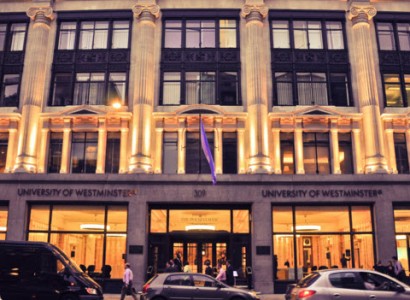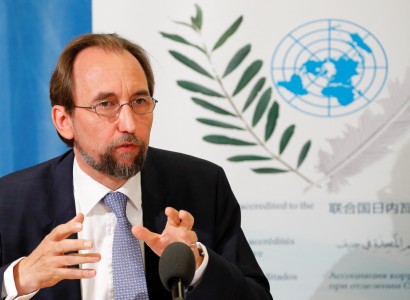
New guidance to protect lawful free speech at universities has been unveiled following claims of censorship on campuses. The Equality and Human Rights Commission (EHRC) has worked with 10 leading organisations to develop a guide for student unions and institutions, providing advice on following the relevant law. There was input from the National Union of […]
Continue Reading
Social media, including Facebook, must proactively block content inciting hatred and prevent online campaigns which target minorities, such as those undertaken in Myanmar, the United Nations human rights chief said on Wednesday. Zeid Ra’ad al-Hussein, U.N. High Commissioner for Human Rights, was speaking after U.N. experts accused Myanmar generals of “genocidal intent” and said Facebook […]
Continue ReadingMuch has been said about social media platforms though we have seen some significant and positive changes in Twitter and Facebook over the last year. We have seen a real desire to reach out and to listen to organisations working with communities and in areas such as tackling hate incidents and crimes. Both organisations are
The post Twitter Develops Multiple Reporting of Tweets to Provide Context appeared first on TELL MAMA.
Continue Reading
Facebook briefly banned Britain First’s page on 30 November, sparking momentary cries of celebration on social media. But within an hour, the far right organisation’s page was restored, claiming Facebook’s censorship to be a ‘fascist attack’. Britain First currently has over 1 million likes on its Facebook page—more than Conservatives and Labour combined. Its page on average generates hundreds of likes for posts. Immediately following restoration, likes spiked into the thousands. Despite their inflammatory material, banning social media sites like Britain First is a highly ineffective approach. Research points to the negative consequences that arise from exercising bans. The International Centre for Study of Radicalisation (ICSR) found through in-depth analysis that a systematic blocking of sites with extremist material is both impractical and counterproductive. It found that strategies which include removing websites, filtering content for accessibility, and hiding search engine results, have little to no effect hindering such networks. This is due to the particular challenges of internet regulation. The scale of website traffic makes identifying and monitoring content extremely difficult, as well as resource-intensive. Even when web page takedowns do occur, sites and forums tend to re-emerge rapidly. The far-right website, Gates of Vienna, was taken down twice in [...]
The post Why extremist groups want you to ban their online content appeared first on Religious Reader.
Continue Reading
When Charlie Hebdo published cartoons of The Prophet Mohammed early in 2015 there was a violent and deadly backlash. The magazine’s office were invaded and several employees were murdered in cold blood. A few years ago a Danish magazine published other cartoons and there was a vociferous Muslim outcry. These and other events have prompted many commentators, comedians and controllers of various media to speak in defence of the ‘freedom of speech’. Why should they restrain themselves when discussing Islam? A new phrase ‘self-censorship’ has been coined and applies explicitly to matters with a Muslim and Islamic links. The implication is that commentators are being asked by the state or the establishment voluntarily to impose restrictions on what they say. Let me say from the outset that I am not a Muslim but I have a personal interest in the history of religious practices and from that an interest in interfaith issues. Until late in life I had no idea what about Islam. Like many older people, my religious education did not introduce Islam as a religion, but from history I learned that Moors were ‘alien invaders’ spreading across North Africa until they were halted in Spain by Christians. My [...]
The post How do you balance between free speech and criticism of religion? appeared first on Religious Reader.
Continue Reading